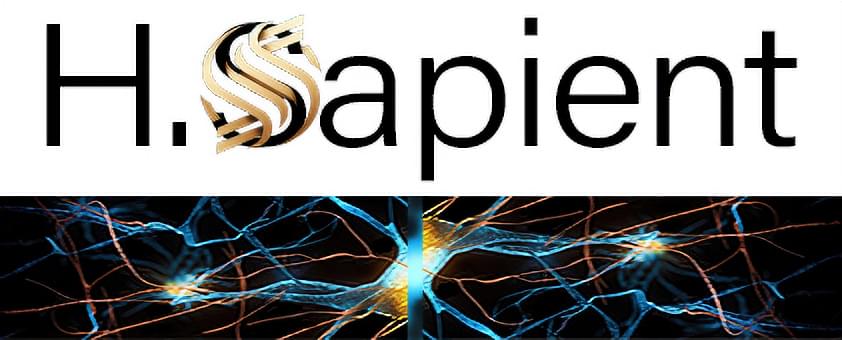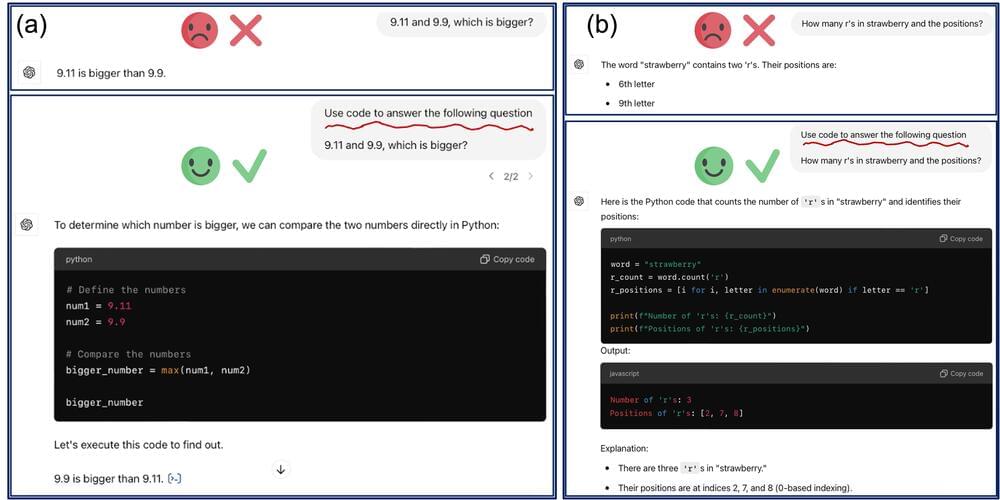In a new animation, scientists map the planet’s plate tectonics over the last 40 percent of its history. It’s the longest such reconstruction yet.
Category: futurism – Page 263
The Bioelectric Interface to the Intelligence of the Body: the future of biomedicine
This is a ~40 minute talk on the future of medicine from my perspective given remotely to students at the University of Bologna, Italy.



H.Sapient
I like philosophy, especially since science emerged out of philosophy. This fascinating aspect of intellectual history gets missed when philosophy is an outlier of longevity events and even excluded. Bottom line: we still need philosophy re: AI, AGI, longevity, and new types of environments — from virtual to space. So, while we may not need philosophy to explain the physical world or the science of longevity, we still need it to help deal with human complexities. Philosophy is crucial to thinking about the future for several important reasons, at the very least to form conceptual analyses in understanding the limits of our knowledge about the future.

Enter Experimental Metaphysics
Essentia Foundation’s Hans Busstra visited Vienna to attend a conference on the foundations of quantum mechanics, and interview physicists on the metaphysical implications of quantum mechanics. In this essay, he argues that what is called ‘experimental metaphysics’ might be at the heart of future progress in physics, and that philosophy and physics are moving closer together.

Al Will Take Over Human Systems From Within
It’s not a tool, but an alien agent, says Yuval Noah Harari in an interview.

Life in 2323 A.D
Enjoy the videos and music you love, upload original content, and share it all with friends, family, and the world on YouTube.